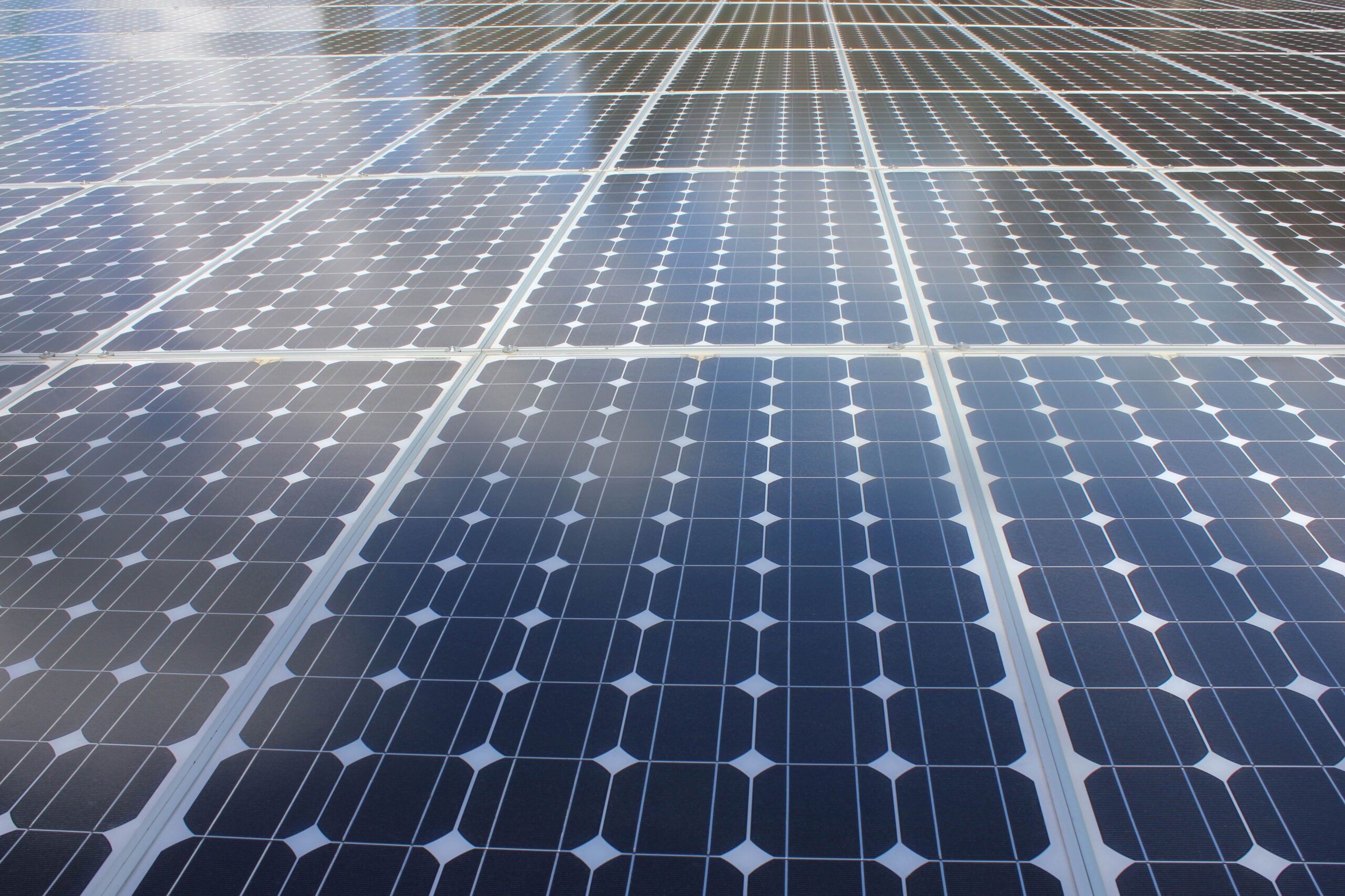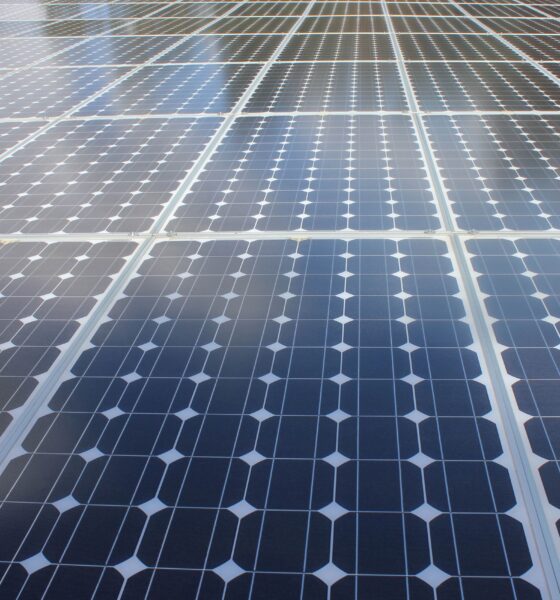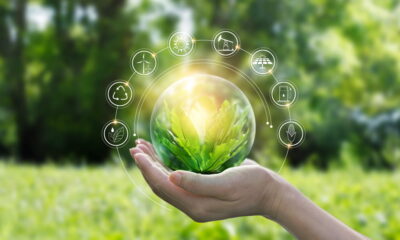

Economy
Thomson Reuters predicts solar and electric transport to grow rapidly
In 2025, solar will be the largest source of energy on the planet, electric air transport will be a mainstream consideration and food shortages will be a thing of the past, according to predictions by made Thomson Reuters.
In a report – The World in 2025: 10 Predictions of Innovation – the firm makes a series of predictions, some of them relating to sustainability issues the world faces today, about how the world will look in 2025 based on analysts’ research of the company’s intellectual property and science business patent and scientific literature solutions.
Future energy generation, that will balance demand with the plant, has been moving up the political agenda, with a gradual shift from fossil fuels to renewable being seen. Improvements in technology are rapidly allowing the renewables industry to compete with traditional sources of energy and, according to the report, this will be most evident in solar.
It states that in 2025, methods for harvesting, storing and converting solar energy will be so advanced it will be the world’s primary energy source.
“The use of the sun as the world’s primary source of energy is no longer for the environmentally conscious select; it is for the masses. The sun’s energy will be harvest much more efficiently. Its energy will be stored and used when needed. And the conversion of solar power will be more efficient,” it adds.
Last week, a new breakthrough was announced, which could make solar panels both cheaper and safer to develop and replace. In the UK alone almost half a million rooftops were fitted with solar panels in November 2013, demonstrating how quickly the sector is growing and its future potential.
As the world strives to cut carbon emissions the global transport system’s sustainability is also coming under scrutiny. The report argues that in a decade getting from point A to point B will be significantly different as eclectic vehicles take off, both on land and in the air.
It says, “Cars and airplanes will still exist, but they will be smarter, battery-powered, able to travel longer distances and more light-weight. Advancements in non-carbon based fuel sources, including lithium-ion batteries, reversible hydrogen storage options, nanomaterials in fuel cells and thin-film batteries will all contribute to this reality.”
Technological advancement in the agricultural sector will also make food shortages and food price fluctuations a thing of the past, whilst environmental pressures will lead to toxic plastic-petroleum packaging, which isn’t biodegradable, nearing extinction, the report predicts.
Other predictions made by the firm include DNA mapping at birth becoming the norm, cancer treatments having very few toxic side effects and dementia declining.
Photo: DebbieMous via Freeimages
Further reading:
Government sets out plans for ‘solar hubs’
Domestic solar panels as an investment
UK’s severe shortage of farmland will hit food production – study


 Features11 months ago
Features11 months agoEco-Friendly Cryptocurrencies: Sustainable Investment Choices

 Energy11 months ago
Energy11 months agoThe Growing Role of Solar Panels in Ireland’s Energy Future

 Energy10 months ago
Energy10 months agoGrowth of Solar Power in Dublin: A Sustainable Revolution

 Energy10 months ago
Energy10 months agoRenewable Energy Adoption Can Combat Climate Change





























